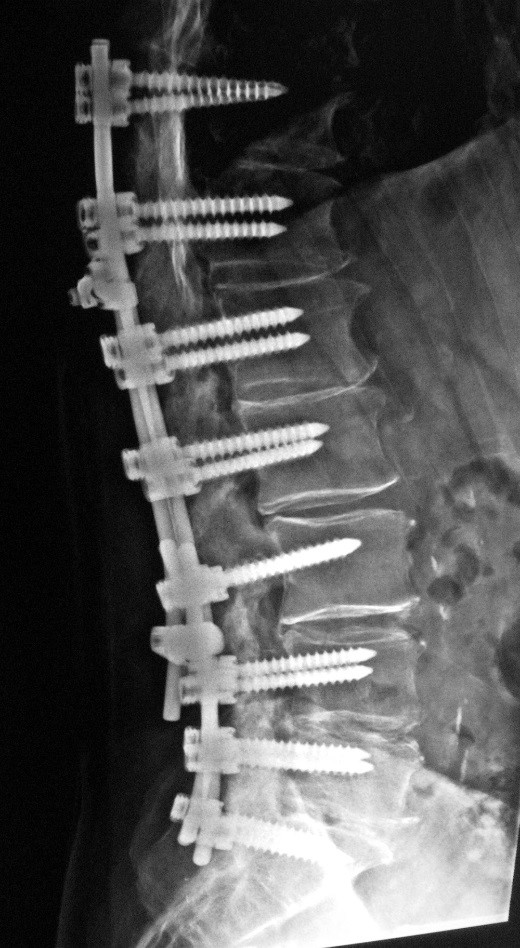
The Importance of Material Selection in Trauma Implants
, roslerusa - Retour à l'aperçu
Rosler Metal Finishing understands that trauma implants and medical devices are subject to stringent quality standards. Any material defect or malfunction can have catastrophic consequences for a patient. That’s why we take our work in the trauma implant field very seriously.
Also known as osteosynthetic
implants, trauma implants include pins, screws, and plates used to surgically
fix a bone defect. Implant manufacturers must select the right material and attain
the required surface finish to ensure patient safety and best results.
 <figcaption>Spinal Rods & Screws</figcaption>
<figcaption>Spinal Rods & Screws</figcaption>
In a series of blog posts, we’ll
answer the most common questions about trauma implant materials and finishes.
We begin with a basic question: What
materials are used in trauma implants?
The answer, in short, is usually stainless steel or titanium.
Does the material performance affect the selection?
In order to select the best material, trauma implant manufacturers must understand the specific performance attributes of the implant they are creating. Implants are subject to very strict performance and reliability standards. Selected materials must act as bone stabilizers and healing support while meeting the following guidelines.
- Biocompatibility - The implants must prevent inflammation due to bacterial contamination. This includes corrosion resistance to prevent reaction with bodily fluids.
- Low or No Osseointegration - It must be possible to remove the implant without complications once the bone has healed. Implant removal is especially important with implants for children.
- Excellent Gliding Characteristics - Tendons must easily glide over a bone plate without being damaged.
- High Tensile Strength and Load - Trauma and spinal implants are exposed to considerable tensile and bending loads and must be able to withstand the related forces.
- Relatively Low Modules of Elasticity - The implants must have a certain elasticity to reduce the amount of stress shielding. The implant should support the bone, but not absorb the complete load. High-stress shielding can lead to bone atrophy.
- High Ductility - Bone plates must be ductile, as their contours may have to be adapted to the bone contours before implantation.
- Non-Magnetic - Implants that are magnetic can pose a risk to patients.
 <figcaption>Titanium Cranial Plate</figcaption>
<figcaption>Titanium Cranial Plate</figcaption>
Which materials offer the best performance?
Most trauma implants consist of
stainless steel (AISI 316L), pure titanium, or titanium alloys such as
Ti-6AI-4V or Ti-6AL-7Nb. All three materials fully meet the performance
requirements of trauma implants yet there are some slight technical
differences.
- Ductility - All three are ductile, meaning they are able to undergo a certain amount of plastic deformation before rupturing.
- Tensile Strength - Stainless steel has the highest while pure titanium has a somewhat lower tensile strength. The relatively “low” tensile strength of titanium makes this material more elastic which can reduce the negative effects of stress shielding.
- Excellent Biocompatibility - Stainless steel is somewhat less biocompatible than titanium.
- Corrosion Resistance - Titanium offers the highest corrosion resistance.
- Strength-to-Weight Ratio: Titanium alloys offer the highest ratio.
Even though stainless steel and titanium are highly corrosion resistant by nature, they may be passivated - either chemically or thermally - to create an additional oxide layer on the metal surface for additional corrosion protection.
The Rosler Way
Whatever material you need to finish prior to medical use, Rosler Metal Finishing to help you find a better way and achieve precise finishing. Contact us htoday to discuss your unique challenges.
The complete Ortho Implant/Trauma Guidebook Series includes:
- The Importance of Material Selection in Trauma Implants.
- Achieving Specific Finishes for Trauma Implants.
Sign up for enews alerts to be notified of all Rosler blog posts!




